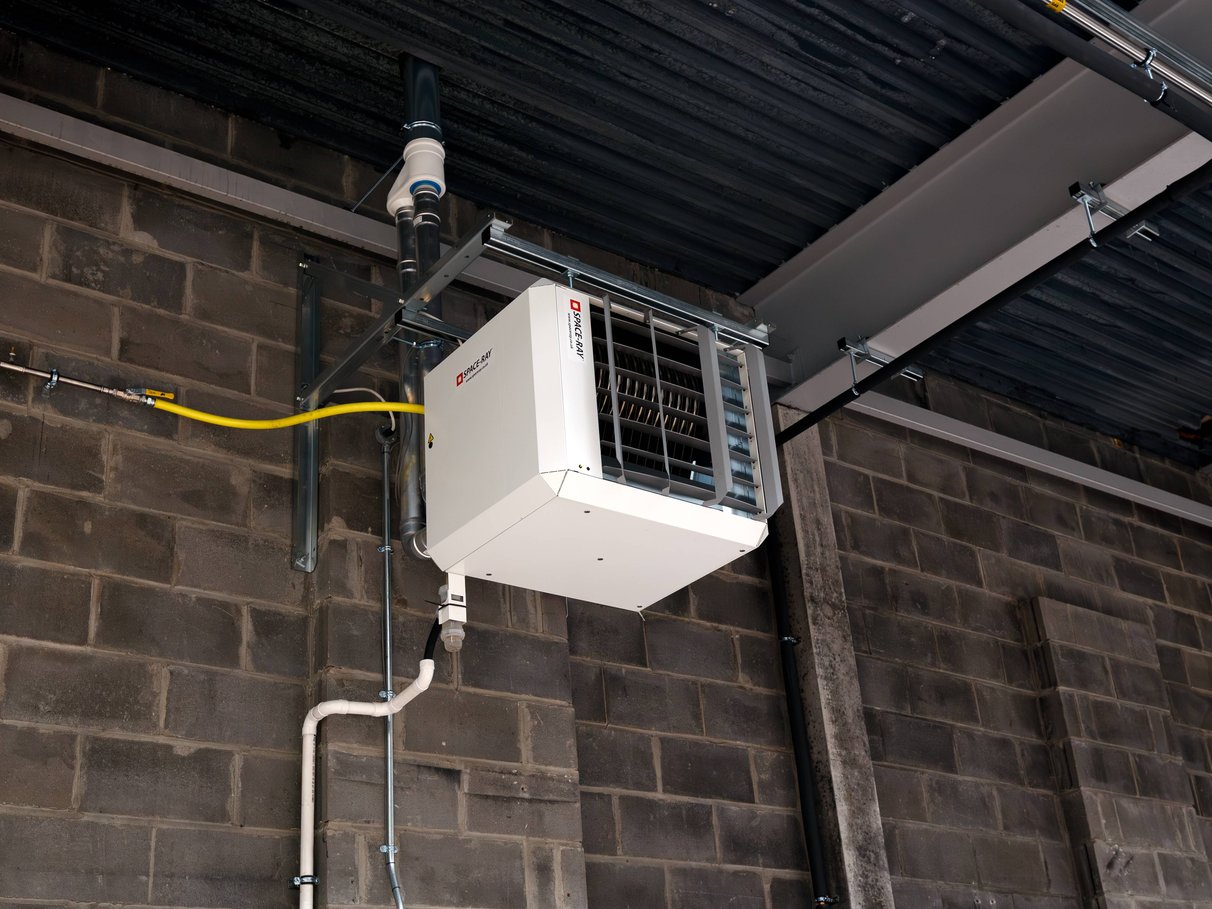Choosing the right Mechanical & Electrical (M&E) contractor isn’t just about finding the lowest quote. It’s about ensuring your partner can deliver consistently, compliantly, and without cutting corners. But if you’re not an engineer yourself, it can be tricky to know what to ask during the procurement or tender process.
Here are seven key questions to help you avoid surprises, delays, and budget blowouts - and why the answers matter.
1. Have you worked on projects like ours before?
Every environment is different. Whether you run a school, sports club, commercial site, or care facility, you want a partner who understands your needs, including the constraints, regulations, and stakeholder pressures. Ask for examples, timelines, and outcomes.
2. Do you offer ongoing maintenance as well as installation?
The best M&E contractors think long-term. They won’t just install a system and walk away. Planned maintenance, testing, and emergency support should all be part of the package. This reduces downtime, keeps your systems safe, and saves you money over time.
3. How quickly do you respond to callouts or emergencies?
Downtime is disruptive and expensive. Whether it’s a heating failure in winter or a lighting fault during an event, you need fast, reliable support. Ask about response times, local engineer availability, and after-hours support.
4. Are your engineers accredited and DBS checked?
This is essential if you’re operating in schools, care homes or community spaces. All engineers should be qualified, experienced, and security-cleared where necessary. Don’t be afraid to ask for proof of credentials or accreditations.
5. How do you support sustainability and carbon reduction?
More organisations are looking to cut emissions and improve energy efficiency. A good contractor should help you make smarter, greener choices - from low-carbon heating to solar, smart controls and more efficient lighting.
6. What documentation and compliance do you provide?
A quality contractor will provide you with the proper paperwork, including testing certificates, asset logs, warranties, and user guidance. This helps you stay compliant and makes handover and maintenance far easier.
7. What happens if something goes wrong?
Even the best teams hit snags. What matters is how they respond. Look for honesty, responsiveness, and a commitment to sorting problems without excuses.
Looking for a partner you can trust, not just a contractor?
Let’s have a conversation.
